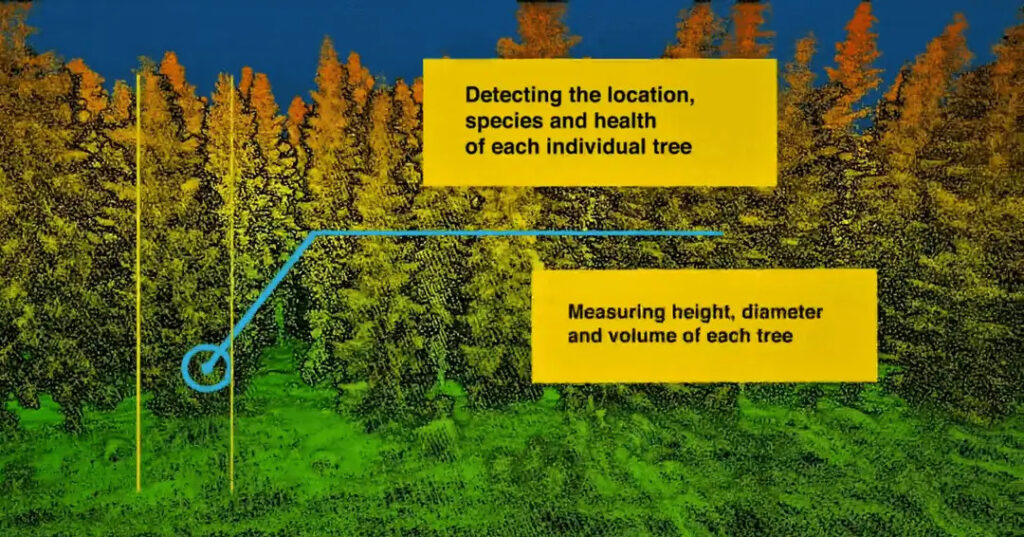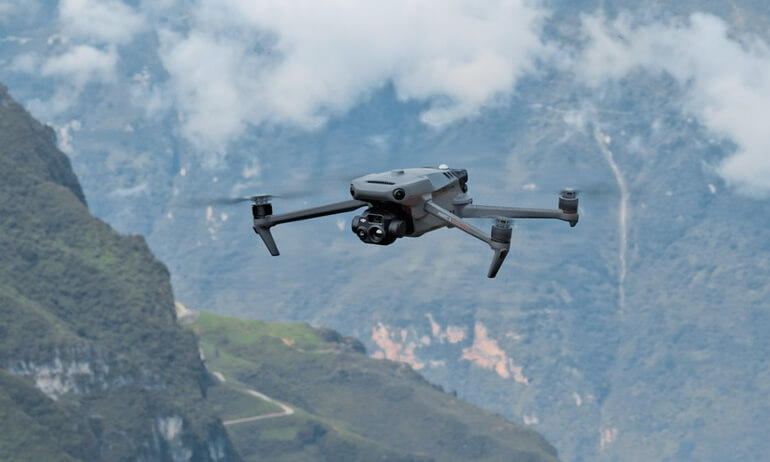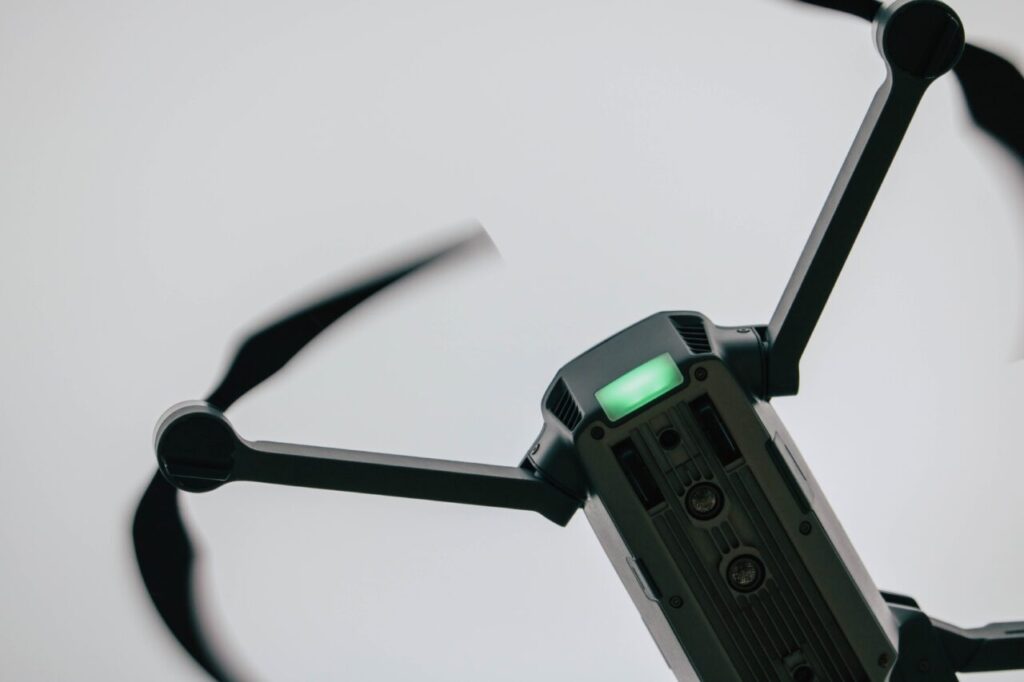Introduction
In recent years, the field of agriculture has undergone a remarkable transformation driven by technological advancements. One groundbreaking innovation that has revolutionized modern farming practices is the emergence of spraying drone. These unmanned aerial vehicles (UAVs) equipped with advanced spraying systems have become a game-changer in crop management, offering unprecedented precision and efficiency. In this article, we will delve into the comprehensive benefits of spraying drone and explore their wide-ranging applications across various industries. From enhancing crop health and optimizing yields to contributing to environmental conversation efforts, spraying drone has reshaped the way we approach agriculture and environmental management. Join us as we explore the myriad advantages and diverse applications of these remarkable machines.
What is Spraying Drone?
A spraying drone, also known as an agricultural drone or crop-spraying drone, is an autonomous UAV designed to deliver targeted applications of fertilizers, pesticides, and herbicides to crops or fields. These drones are equipped with state-of-the-art technology, including GPS navigation, high-resolution cameras, and intelligent software, enabling them to autonomously navigate the designated area and apply precise sprays with utmost accuracy.
4 Benefits of a Spraying Drone
| Benefits | Description |
|---|---|
| Precision and Efficiency | Spraying drones deliver precise application of fertilizers, pesticides, and herbicides to specific areas, reducing wastage and optimizing the effectiveness of treatments. This targeted approach improves crop health and increases yields. |
| Time and Cost Savings | Spraying drones cover large areas quickly, saving time and reducing operational costs. They eliminate the need for manual labor or expensive machinery, allowing farmers to allocate their resources more efficiently. |
| Environmental Friendliness | By delivering treatments with precision, spraying drone minimizes chemical usage, reducing the overall environmental impact. This promotes sustainable farming practices and helps preserve soil quality and water sources. |
| Accessibility and Safety | Spraying drone can reach areas that are difficult or unsafe for manual labor or conventional machinery. Their ability to navigate through challenging terrains enhances operator safety while reducing exposure to hazardous chemicals. |
Precision and Efficiency
Spraying drones offer unparalleled precision and efficiency in crop treatment. By precisely targeting specific areas with the right amount of fertilizers or pesticides, they reduce wastage and optimize the effectiveness of the applied chemicals. This targeted approach results in improved crop health, increased yields, and reduced costs for farmers.
Time and Cost Savings
Spraying drones significantly reduce the time and costs associated with traditional spraying methods. Compared to manual labor or large machinery, drones can cover large areas quickly and effortlessly. Farmers can optimize their resources and allocate their time more effectively, resulting in increased productivity and reduced operational expenses.
Environmental Friendliness
One of the key advantages of spraying drones is their environmental friendliness. By delivering treatments with precision, drones minimize the overall chemical usage, thus reducing the environmental impact. This targeted application helps in promoting sustainable farming practices, preserving soil quality, and minimizing the contamination of water sources.
Accessibility and Safety
Spraying drones are capable of accessing areas that are challenging or unsafe for manual labor or conventional machinery. Whether it’s steep slopes, uneven terrains, or dense foliage, these drones can navigate through difficult landscape and reach the targeted areas effortlessly. This accessibility improves the safety of operators by reducing their exposure to hazardous chemicals and eliminating the risk associated with physically demanding work.
Applications of a Spraying Drone
| Applications | Description |
|---|---|
| Agriculture | Spraying drones are extensively used in agriculture for precise crop treatment, including pest control, disease prevention, and fertilization. They optimize crop health and maximize yields for farmers. |
| Forestry | Spraying drone plays a vital role in forestry management by facilitating pest and disease control, fire prevention through flame retardant application, and efficient reseeding of forested areas. |
| Horticulture and Floriculture | Spraying drones are employed in horticulture and floriculture industries to protect plants from diseases, pests, and weeds, ensuring the health and quality of ornamental plants and specialty crops. |
| Environmental Conservation | Spraying drones are used in environmental conservation efforts, such as controlling invasive species, restoring ecosystems, and protecting endangered plant species, while minimizing the impact on non-target species. |
Agriculture
Spraying drones have transformed agricultural practices by revolutionizing pest control, disease prevention, and crop nutrition management. Farmers can precisely apply fertilizers, pesticides, and herbicides to specific areas of their fields, ensuring optimal crop health and maximizing yields. This technology proves particularly valuable for large-scale farming operations.
Forestry

In forestry management, spraying drones are utilized for pest and disease control, prevention of forest fires through the application of flame retardants, and efficient reseeding of forests. These drones enable foresters to treat vast forested areas quickly and accurately, preserving the health and vitality of the forests.
Horticulture and Floriculture
The horticulture and floriculture industries benefit greatly from spraying drones. These drones are used to protect plants in nurseries, greenhouses, and botanical gardens from diseases, pests, and weeds. Their ability to navigate through delicate foliage and apply treatments with precision ensures the health and quality of ornamental plants and specialty crops.
Environmental Conservation
Spraying drones are instrumental in environmental conservation efforts. They are employed for controlling invasive species, restoring ecosystems, and protecting endangered plant species. By precisely targeting areas in need of treatment, drones minimize the impact on non-target species and reduce the use of chemicals, contributing to sustainable environmental management.
Conclusion
In conclusion, spraying drones have emerged as a transformative technology in the field of agriculture. Their precise and efficient delivery of fertilizers, pesticides, and herbicides offers numerous benefits, including improved crop health, cost and time savings, environmental friendliness, and enhanced accessibility and safety. Furthermore, the applications of spraying drones extend beyond agriculture, finding utility in forestry management, horticulture, floriculture, and environmental conservation efforts. By leveraging the capabilities of spraying drones, farmers, foresters, and environmentalists can optimize their practices, increase productivity, and promote sustainable approaches to farming and ecosystem management. As we look ahead, it is evident that spraying drone will continues to shape the future of agriculture, paving the way for smarter, more efficient, and environmentally conscious farming practices.




